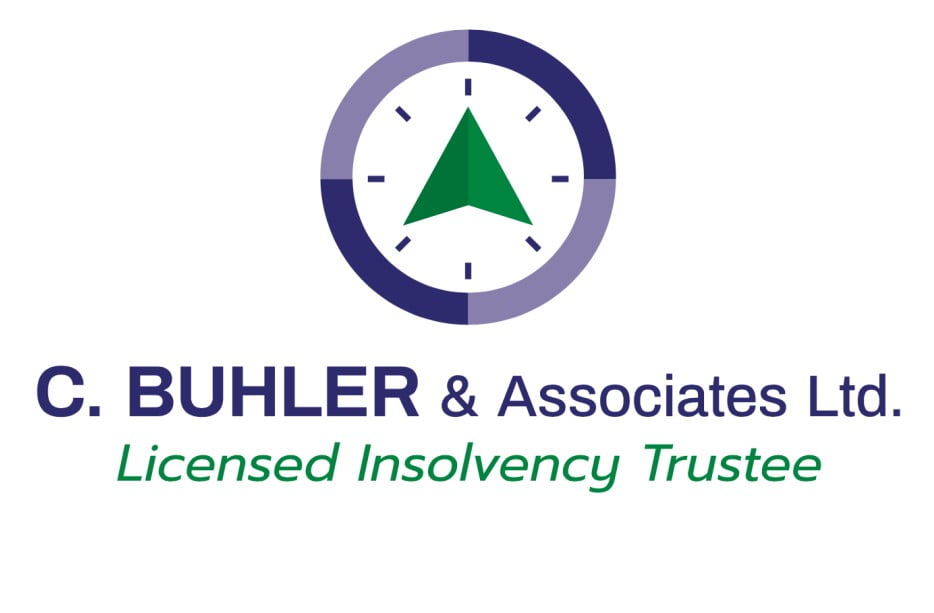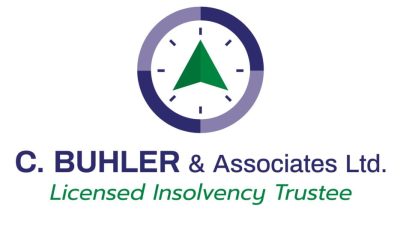Maintaining an impeccable credit score takes a lot of work. Not only does it affect your bottom line and lifestyle, but it can impact many factors like insurance premiums and mortgage rates. Credit scores are incredibly important, and while you should regularly check your credit report to see where you’re at, you shouldn’t obsess over it.
Why?
We’re glad you asked.
A Credit Score Isn’t Everything
Many people tend to obsess over maintaining a high credit score when, in actuality, it isn’t all it appears to be. For years, people have put too much stock in a high credit score equating with ‘good credit’, and a low credit score meaning that someone has bad credit. Because of this, more and more individuals are stressing over their credit scores without actually understanding the system, or the significance.
The credit reporting system in Canada is designed by the Finanical Industry, for use by Financial Institutions. While you may think that your credit information is only for you, banks and financial institutions pay to access your score, with your permission, in order for them to make lending decisions, and determine whether they want to do business with you. In Canada, there are two credit bureaus – Equifax and TransUnion – and they provide your credit report to the bank. Interestingly enough, these two different bureaus often give you a different score.
It’s also important to remember that a good credit score is subjective. Every Financial Institution has its own idea of how to evaluate a credit report, and so the score you have might mean different things to different lenders. Your credit score is made up of a variety of factors and will fluctuate up and down depending on your performance when evaluated against those criteria. As an example, how often you make payments, whether your payments are made on time, whether you have multiple credit products, and how old your accounts are all factor into, and influence your report.
The “Perfect” Score
In Canada, a credit score is referred to as a “Beacon Score”, and usually ranges from 300 to above 850. While 850 or more is considered a perfect score, there are a few things that must be done to reach it, such as:
- Your payment history must be flawless
- You must have had credit accounts open long enough for the system to register them
- You must maintain low or no balances
- Have over 20 years of credit history
- A mixture of different accounts
- Few or no credit inquiries
That said, one of the topics covered in our credit counselling sessions is a discussion of your credit score, and the various ways you can influence it, and improve it.
Why There’s No Such Thing As Perfect
While a good credit score can help you save money and open many financial doors, it’s not worth breaking your back over to achieve 850 or higher. For example, for most consumers, a credit score of 750 would yield the same credit offers and rates as for someone who has a score of 850. For most Canadians, there isn’t any real incremental value for having a score that’s 750 or more.
That’s why it’s important to understand that different credit scores can have various outcomes, and not all of them are bad. Just because your score is lower than you want it to be, doesn’t mean it can’t increase with time and work.
Understanding Your Credit
Instead of worrying about a high credit score, focus on your credit report. Your report shows how you use your credit and provides information about your repayment obligations. Use the information on credit reports to improve your overall credit. Once you understand where you can improve, you’ll be able to get your credit history to an attractive place.
Do you want to get your credit back on track? Or maybe you’re experiencing stress from your Winnipeg debt. No matter your financial struggles, you can count on our Licensed Insolvency Trustee to provide debt relief and information. Contact us today to learn more about our services and receive your free consultation.





